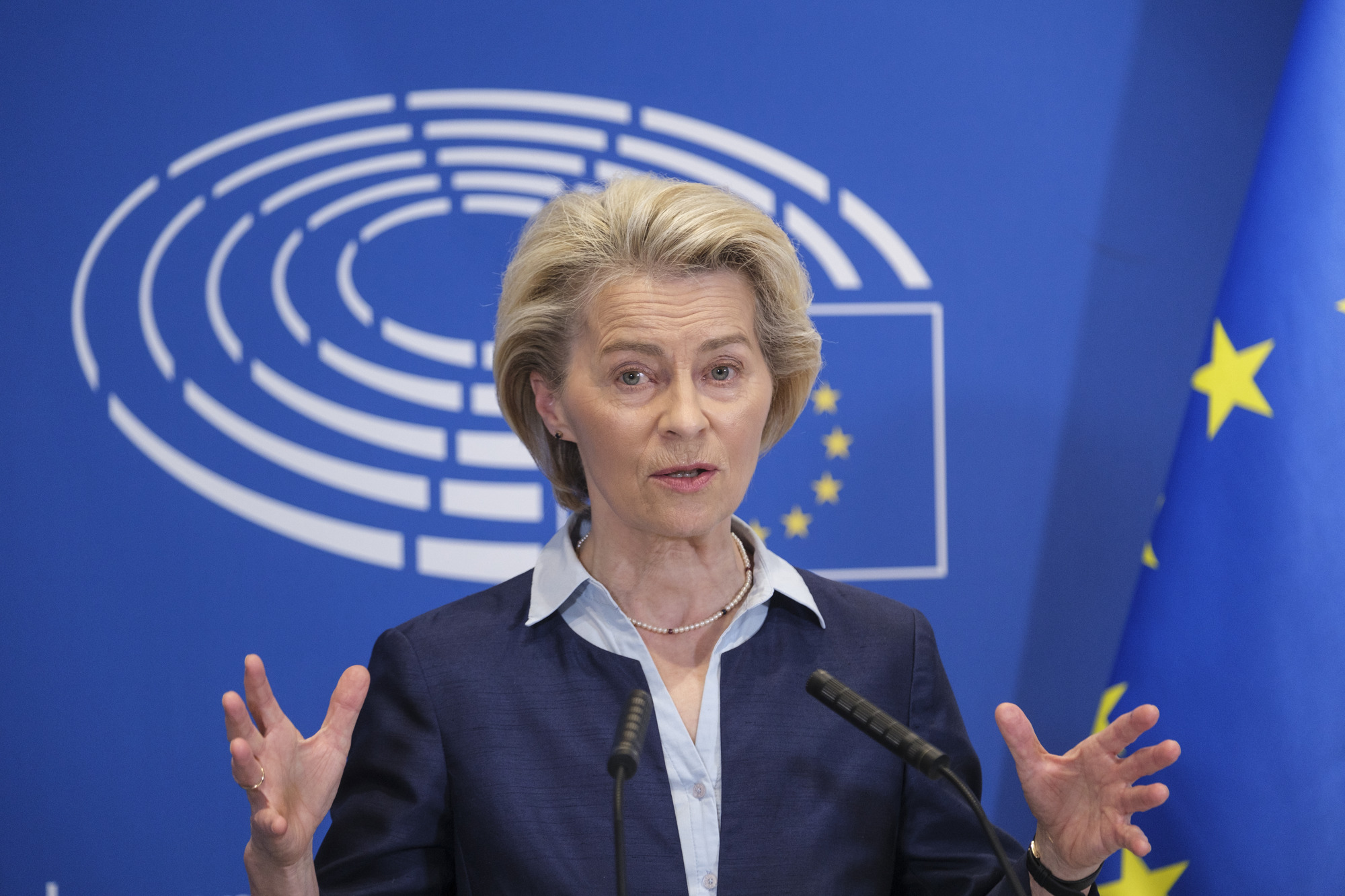Roberta Metsola, the President of the European Parliament, was in a celebratory mood following the successful passage of the EU’s asylum and migration pact on Wednesday. “History made,” she declared, adding that the new legislation will create “a balance between solidarity and responsibility. This is the European way.”
In reality, the package appears more likely to deepen divisions over migration than to heal them. Driven through the European Parliament in a series of tight votes, the legislation, hashed out after years of wrangling by the EU’s centrist forces, is more an attempt to neutralise the political potency of migration ahead of upcoming EU parliamentary elections than an effective step towards finding consensus on this thorniest of issues.
The pact contains a raft of common-sense measures relating to security and processing of asylum seekers, but its central plank — the most contentious issue in EU migration policy — is “solidarity”, the bloc’s euphemism for migrant relocation between member states. Countries on the EU’s external borders are desperate for migrants to be transported elsewhere, but have faced unbending opposition from those nations most fearful — and until now least impacted — by the cultural and social effects of mass migration, in particular the “Visegrád Four” of Poland, Hungary, the Czech Republic and Slovakia.
The new legislation attempts to end this stand-off by replacing mandatory relocation with a “voluntary” scheme, in which unwilling countries make financial contributions of €20,000 for each migrant they refuse to take in. It’s thought these contributions may help finance deals being made with countries in North Africa and elsewhere to help reduce migration flows to Europe. In practice, it means institutionalising a system of financial punishment for EU countries which refuse to accept their share of migrants.
Visegrád countries are now up in arms about the new pact. Hungarian Prime Minister Viktor Orbán called it “another nail in the coffin of the European Union”. Even Donald Tusk, the pro-EU Polish Prime Minister who is busy undoing much of his predecessors’ work in defying the EU, has called migrant relocation “unacceptable”. “We will find ways so that even if the migration pact comes into force in a roughly unchanged form, we will protect Poland against the relocation mechanism,” Tusk pledged.
The leader of the surging Czech populist opposition, Andrej Babiš, criticised the migration pact for containing “hidden refugee quotas”, adding that “illegal migration threatens the security of all of Europe, it threatens our values and our way of life.” Czech MEPs from across the political spectrum voted against the pact, while governments in both Hungary and Slovakia vowed not to change their stance on migrant relocation; Budapest has promised not to take in illegal immigrants “regardless of any migration pact”.
Added to the intransigence of these key states is stern criticism from Right-wing parties elsewhere on the continent: for example, France’s National Rally president Jordan Bardella called the pact “terrible”. And on the other side, Amnesty International, joined a chorus of NGOs urging MEPs not to endorse the pact, saying it will cause a “surge in suffering” for asylum seekers.
Under fire from all sides, the pact clearly fails to reduce the political potency of migration. Faith that the EU finally has a grip on the issue is hardly boosted by the defeatist claim from the head of European Union border force Frontex that “nothing” can stop mass migration to Europe — “no wall, no fence, no sea, no river”. New EU legislation has been a long time coming, but consensus on how to deal with mass migration appears, if anything, further away than ever.










Join the discussion
Join like minded readers that support our journalism by becoming a paid subscriber
To join the discussion in the comments, become a paid subscriber.
Join like minded readers that support our journalism, read unlimited articles and enjoy other subscriber-only benefits.
Subscribe